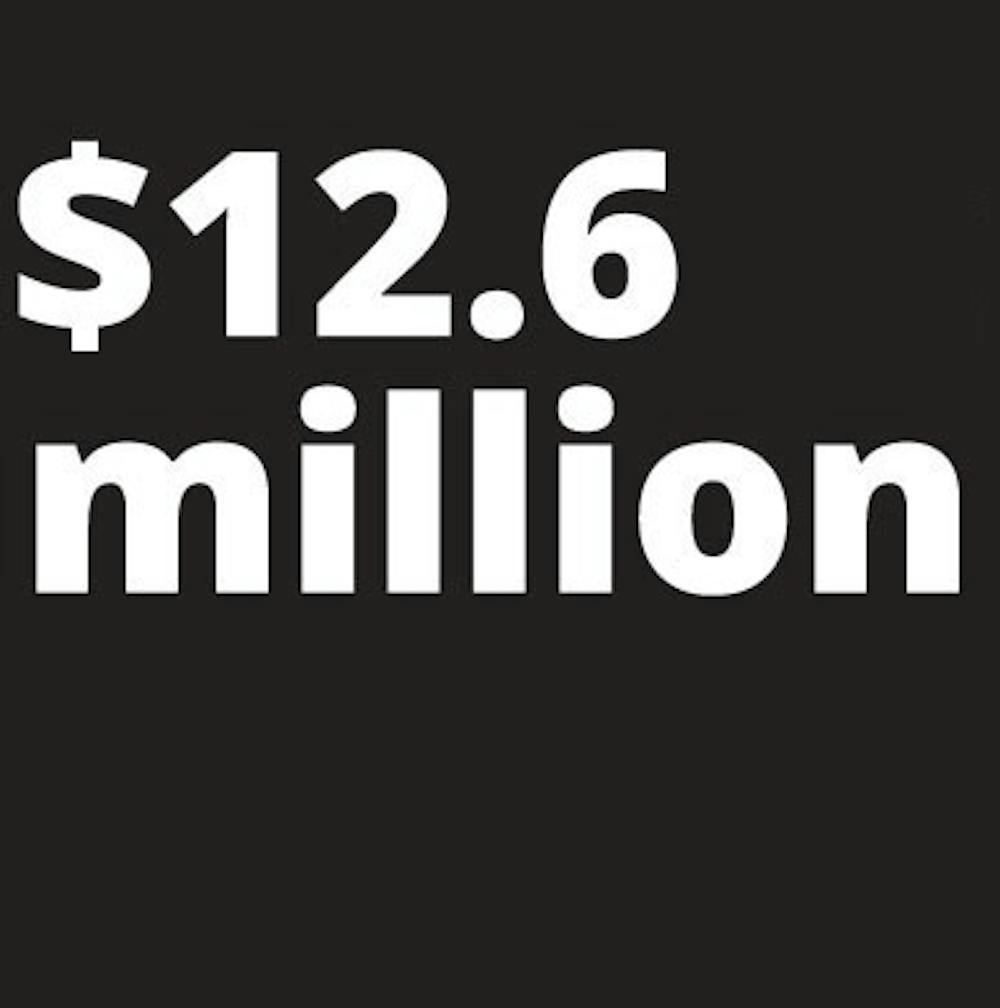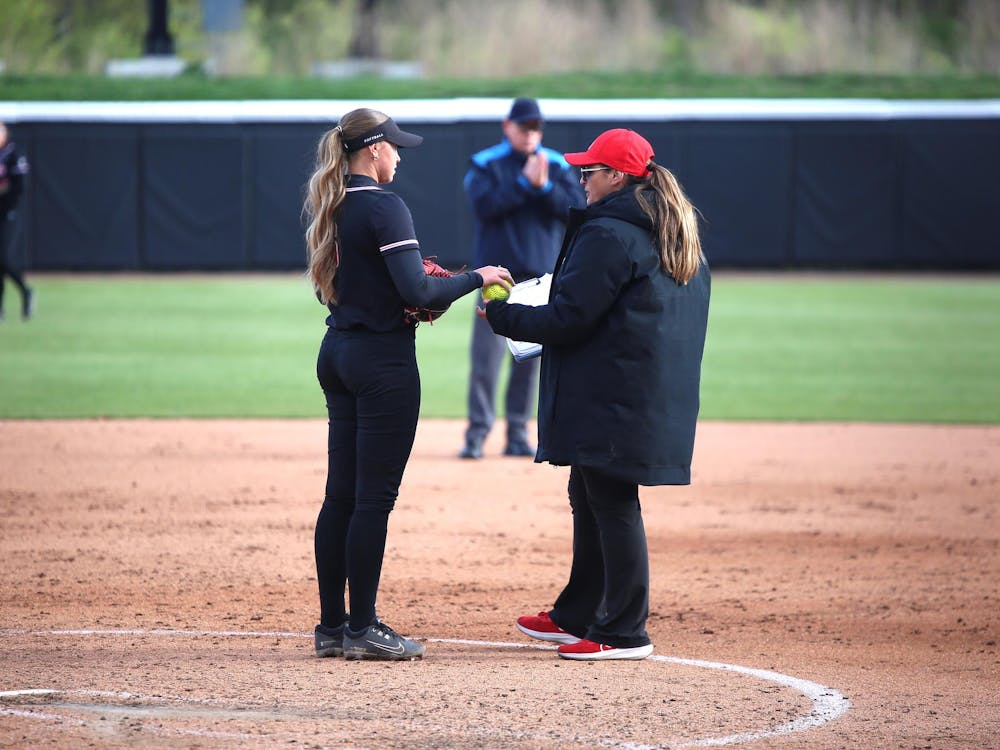Policies
Whistleblowing: Staff can anonymously report complaints to a third-party company.
Reporting: Regular auditing reports go directly to President Ferguson and the board of trustees.
Board activity: The board of trustees plan to regularly review the university's investments and increase their oversight in auditing
Ball State’s auditing department will see some new staff and rules beginning this semester following the investigation of the $13.1 million fraud.
During December’s Ball State Board of Trustees meeting, members of the board voted to implement a set of changes to the university’s procedures for internal auditing, which include items such as a new whistleblower policy and the hiring of additional staff. These changes will mainly affect the department of internal audit and advisory services.
In an email to The Daily News, Julie Hopwood, senior adviser to the president, said the changes were to make sure Ball State had the best protection and oversight practices in finance and auditing following the fraud.
An audit is used to gather information about an agency. In this case, the university audits itself in order to gain an idea of how money has been spent through the year, said James Schmutte, professor of accounting.
“If you look at Ball State, auditors might try to find out if all the numbers in the financial statements are fairly represented,” Schmutte said. “They may check to see if grant money is properly spent.”
The new staff coming to the auditing and advisory department will work IT for the department to “comprehensively review the IT areas at Ball State,” said Tom Roberts, director of auditing and advisory services, in an email to the Daily News.
The new whistleblower policy is aimed at allowing staff to anonymously report potential wrongdoing through a website.
Additionally, these rules will require regular reports from the department through Roberts that go directly to the president and the board of trustees audit committee.
The board itself will be taking a more active role in the finances of the university because it approved that it should have more oversight of auditing function, participate fully in investments and policies and regularly review the university’s investment portfolio.
These changes were introduced at the advice of accounting firm Crowe Horwath, hired by Deborah Daniels of Krieg DeVault, a consulting firm assisting Ball State’s investigation into the fraud from last July.
Ball State became aware it was victim of a fraud in 2011 following high-risk investments made by Gale Prizevoits, former director of cash and investments. Prizevoits violated protocol and procedure by signing investment contracts without the university's knowledge. When the money was lost, she made attempts to hide the losses from university financial records in the event of an audit. The university has managed to recover $542,295 since it became aware of the fraud, $12.623 million remains missing.
Roberts said all of the new auditing policies and rules are considered, “best practice.”
Schmutte added changes in policy and procedure is common following a fraud.
“When fraud happens it is common for new practices to come into play,” he said. “[You] go back and see where the system broke down. What could we have done to stop it sooner?”





